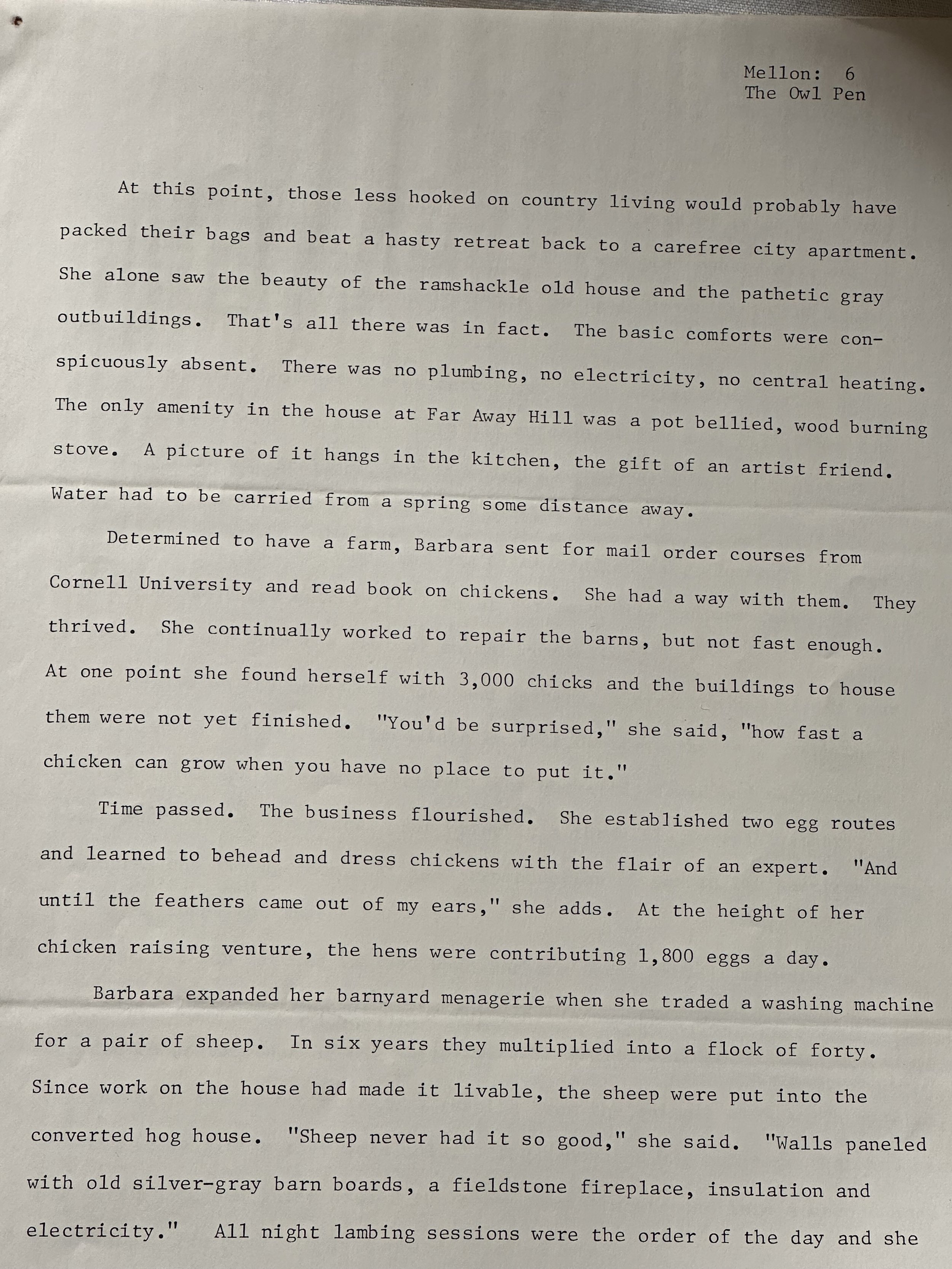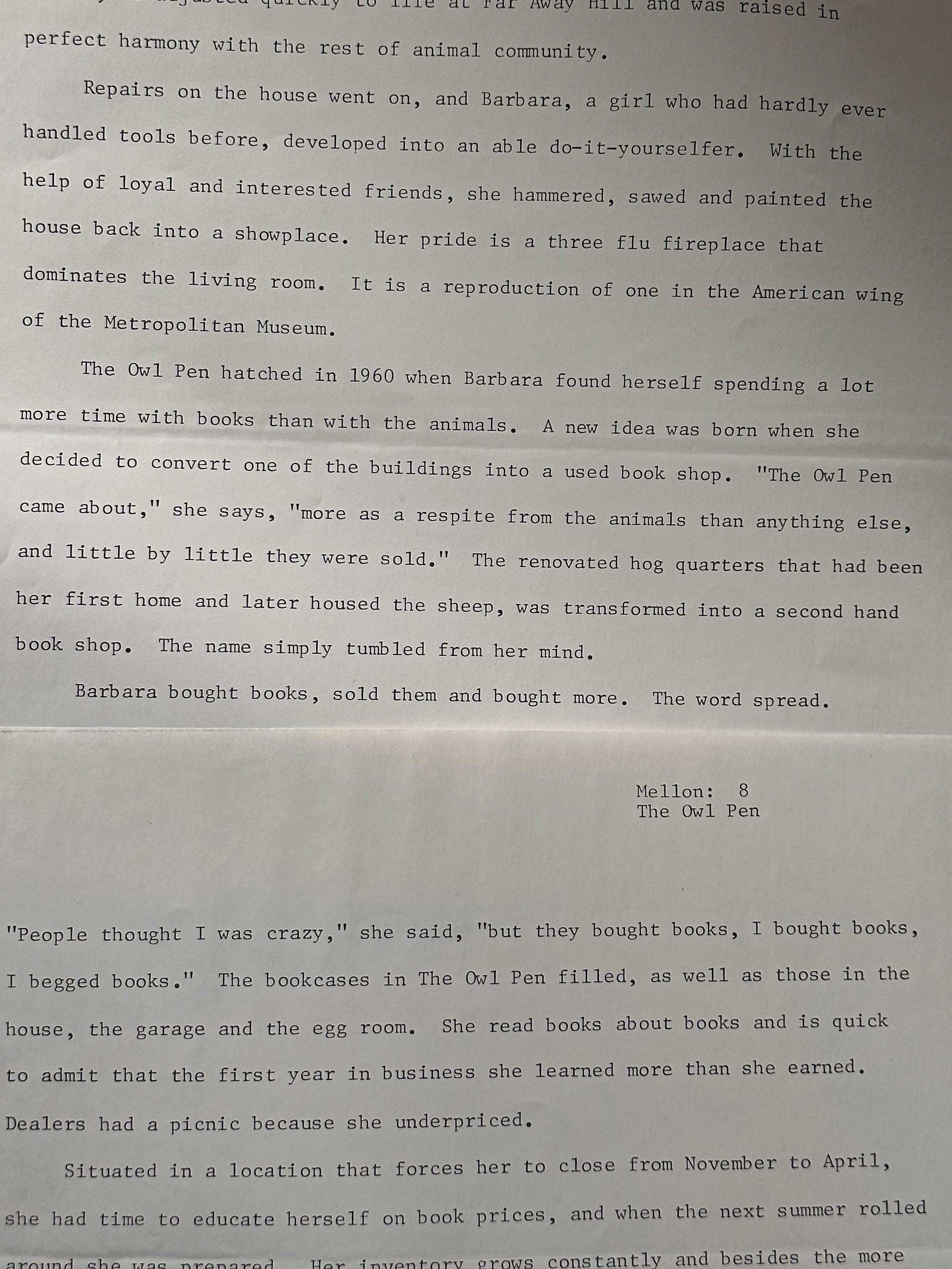Handy Man Special
My wife Sydney, whenever we are out at a dinner party, a backyard bbq, or amongst friends anywhere, loves to tell the story of when I attempted to hang a shelf. This was back when we were first dating. I was renting a room in an apartment in West Los Angeles with a few other broke and directionless twenty-somethings. To liven the place up a bit, Sydney thought I should have a little bookshelf above the tiny desk beside my bed. Early on in our relationship, I learned to defer to her opinion on visual aesthetics. She seemed to be my director of interior design well before we even lived together. So I went to Ikea, bought a simple shelf kit, and brought it home without looking at any directions. I drilled into the wall, and quickly, within minutes, installed the cheap grayly painted shelf. Just moments after, while I was placing a few self-help paperbacks, the shelf collapsed, leaving a gaping hole in the wall and a dusty pile of sheet rock on my desk.
Sydney loves to tell this story. She relishes it. Typically, the conversational context lies within home improvement and renovation, which has often been a topic of discussion since we purchased a barn bookstore and a two hundred-year-old farmhouse. So yes, all those years ago, I might not have been able to find the stud to drill into, but Sydney definitely found hers, and unfortunately for her, he was not handy.
I tell you this little story because, in the end, stories seem to be all we have, for better or for worse. What I mean is that I've spent much of my adult life telling myself stories. That might suggest I've been lying to myself, alluding to an outdated colloquial expression of "telling stories." But that's not my intention. I'm referring to the more common literal definition of the word “stories” as a collection of narratives. In the broader context of folklore or mythology, these stories have been passed down through culture, community, and family, to be told repeatedly, often enough that whether their veracity has ever been proven, they are accepted widely as truth. Within the scope of modern social psychology, individuals of all genders, races, and classes tell themselves stories based on the nurture (or lack thereof) of their environment. Through this lens I can see that many of my storied beliefs have helped me achieve much more than I could've ever dreamt, while others have held me back considerably. Here's an example of the latter:
I am not "handy." I've never been good with a hammer and a nail. Drill bits, lug nuts, wrenches, and screwdrivers do not naturally fit in my hands. Tape measurers crackle and shrink, flailing like uncontrollable snakes while I run them along a wall or the back of an armoire. If the old carpenter's dictum is "measure twice, cut once," then mine is something like, "measure thrice and cut as many times as it takes … but never with a power saw… because those are terrifying." All of my inept capabilities and fears surrounding these tasks are not unexplainable. My father, though he had a workbench in the basement of our house growing up, could never be found tinkering away in the wood shop, sawing, and sanding, and therefore passed no knowledge or skills down to me on that front. He preferred to be outside mowing the lawn. But even the basics of lawn care weren’t shared with me. I wasn't allowed to touch the push mower until I was twelve years old for fear I might hurt myself. I was told to read a book, ride a bike, throw a ball to myself in the front yard, practice my saxophone, or watch TV.
Another reason I never learned the artful trait of handiness was that I didn't live in a place like where I live now, where it feels like everyone and their mother knows how to do a basic amount of plumbing and electrical work in their own homes. When you live out in the country where your neighbor is a mile down the road, and the nearest substantial town is at least forty minutes by car, these skills can be crucial to survival. No plumber is driving out to you within a day to fix a toilet. You're lucky if the fire department gets to you fast enough to stop your barn from burning. It's good to know your neighbors for many reasons. As I said, they all know how to do some form of home repair. Many could be employed full-time as professional carpenters. I see a college-accredited forester who told me he built his and his mother's houses. You know… just because he could.
Quite a few people have those types of stories in these parts. Barbara Probst, the fearless creator of Owl Pen, was one.
Did Barbara, a city girl and member of the editorial staff at Mademoiselle magazine, desert Manhattan for the Washington County countryside believing she was someone naturally inclined to raise chickens? There isn't much mentioned in her memoirs that points to any early experience farming. In fact, in an early draft of an article written about Owl Pen Books found amidst her papers which she so graciously left for us to comb through, a writer named Robert H. Mellon points out her determination to become a farmer despite her greenishness. Here he describes her initial months and years after purchasing what she called her “12 acre challenge” complete with a dilapidated farmhouse built in the 1830s and a few outbuildings of the same character and condition:
Having bought the place, a way of earning a living presented a problem, though not for long. Barbara quickly eliminated this obstacle by reading some books on farming and hiring out as a migrant to pick potatoes for local farmers…
…Undaunted, a few months later she plunged headlong into the chicken business when she bought six hens. “I didn’t know anything about chickens,” Barbara said. “I thought eggs came in boxes at Gristle’s. It didn’t matter though, because I love animals. There’s no character in a beet, but I have a lot of affection for anything that squeaks, moos, hisses or groans.
Did Barbara consider herself "handy"? We can't know, but we can be sure that as an independent woman at such a time in 1940s-50s America, she was probably told many stories about what she could and could not do with her life. We do have testimony of her initial ignorance about renovating the farmhouse in 1945, fifteen years before the creation of Owl Pen Books. She kept a detailed record of her work on each room of the house we now live in. But for purpose of continuity, let’s look at the next part of Barbara’s story as Mellon tells it in his article:
Repairs on the house went on, and Barbara, a girl who had hardly ever handled tools before, developed into an able do-it-yourselfer. With the help of loyal and interested friends, she hammered, sawed and painted the house back into a showplace. Her pride is a three-flue fireplace that dominates the living room. It is a reproduction of one in the American wing of the Metropolitan Museum.
Mellon finally reaches the crucial summit of Barbara’s narrative in the following paragraph:
Men and women of varied ages must have suggested the familiar narratives of the time. "A woman shouldn't be living alone renovating a house without a husband." "A magazine editor from Manhattan farming chickens?” "No one has ever opened a bookstore in a barn on some remote farm property. That’s a ridiculous idea.” But Barbara, along with an astute sense of herself and the world she inhabited, had the pronounced strength to tell her own story.
Here at Owl Pen Books on Faraway Hill, we have a handyman named Dan. He is listed in my phone as Handyman Dan, but he is also our plow guy and landscaper. He is also one of our favorite neighbors and probably the sweetest person we've met in Greenwich. Aside from helping with larger projects, he also takes the time to help me with odd two-person jobs around the property whenever I ask. He's allowed me to fix gutters, string up fallen electrical wires, move furniture, etc. He even gave me a full tutorial on operating a chainsaw. I trust his advice. When I asked Dan how he came to know how to fix the vast range of things he knows how to fix, his reply was simple. He learned by "doing." Sure, he had the benefit of being raised on a farm where a do-it-yourself ethos is ingrained in your being, but like my college-degreed forester friend, I'm sure Dan could build his house from foundation to roof. In response to my reverence for his handiness, Handyman Dan modestly claims that he couldn't play a song on the guitar, teach a class, run a bookstore, or write an essay. But I no doubt think he could. He'd have to learn by doing. Ask people for help. Be unafraid to fail. Be strong enough to change the story he's told himself about doing any of those things.
And so I'd like to say, without a hint of braggadocio, that I am working on a different story. Over the winter months, I have hung many shelves. There were drills, measuring tapes, screws, nails, saws, and sharp objects. Oh, and many trips to the hardware store. In preparation for the opening of the Owl Pen season, I painted window frames, stained posts and beams, hung artwork, built signs, and wired new lights and speakers. But, for obvious reasons, I am most proud of my shelves. They do hold and display our precious inventory of books. That's nice and all. But the best thing about these gunstock-stained boards suspended across the back wall of our cookbook room is not their mere function or aesthetic. It's a new story I remember each time I pass them.
Once I was a self-described "guy who couldn't even hang a shelf" whose wife would openly mock his home improvement shortcomings. Now I am a man who has hung many shelves that will serve their purpose in a historic bookstore for decades to come.
I am a realist. "Handy" will never be a word anyone uses to describe me. Nobody's asking me to tile a bathroom anytime soon, although I'm not ruling it out as something beyond my ability. As a conscientious student of the handy persons I live amongst, though not a probability, it's a possibility. One that could potentially lead to a new story to tell myself. At the very least, it would make for a fun essay.
To get some inspiration for the new story in your life, come on up to Owl Pen Books. We have all the books you'll never need in a place you'll never find!




